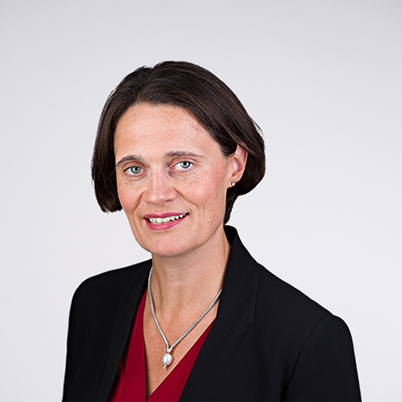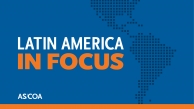LatAm in Focus: Who Will Foot the Bill for Climate Adaptation?
LatAm in Focus: Who Will Foot the Bill for Climate Adaptation?
The UN’s Juan Carlos Monterrey Gómez and Marsh McLennan’s Amy Barnes explain how the public and private sector are funding a green economic transition.
Latin America in Focus Podcast
Subscribe to Latin America in Focus, AS/COA's podcast focusing on the latest trends in politics, economics, and culture throughout the Americas.











